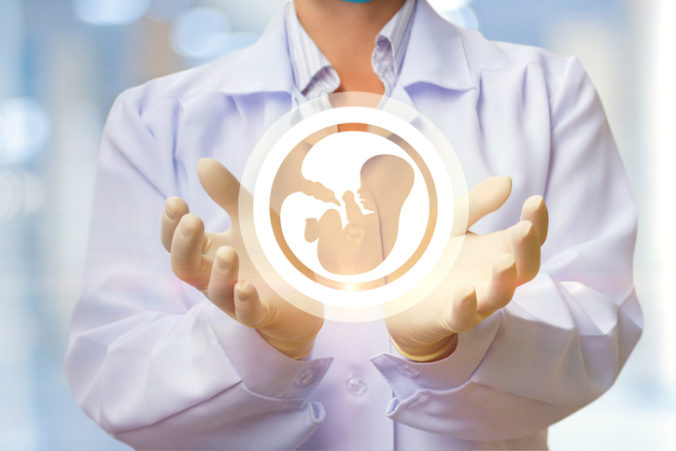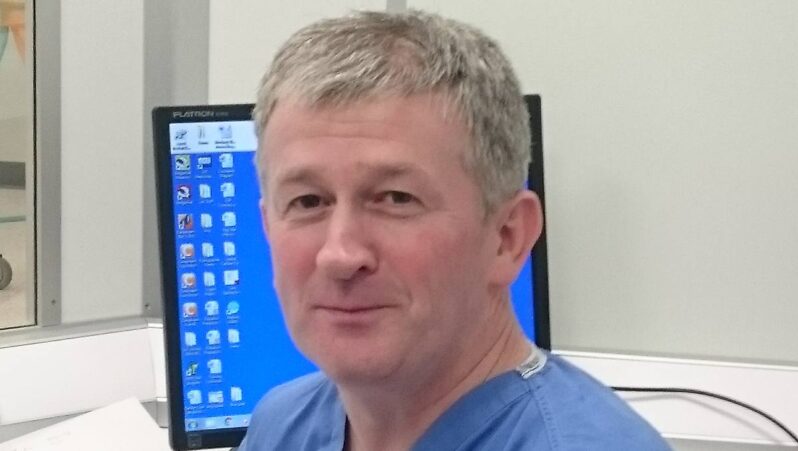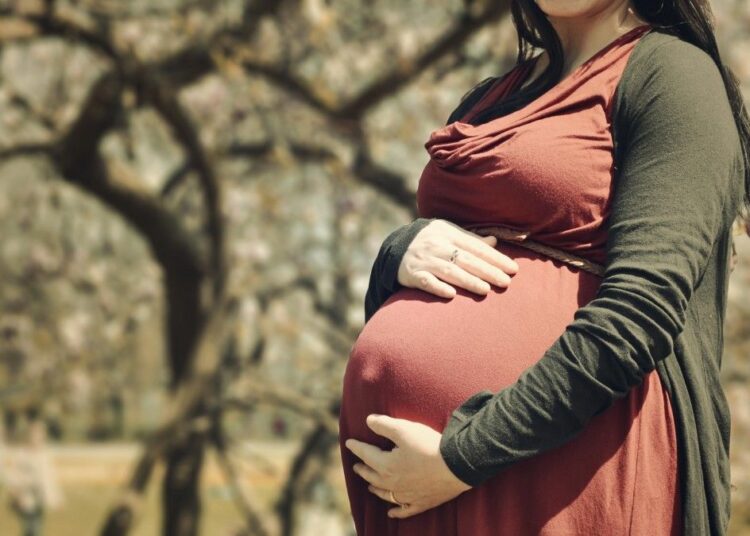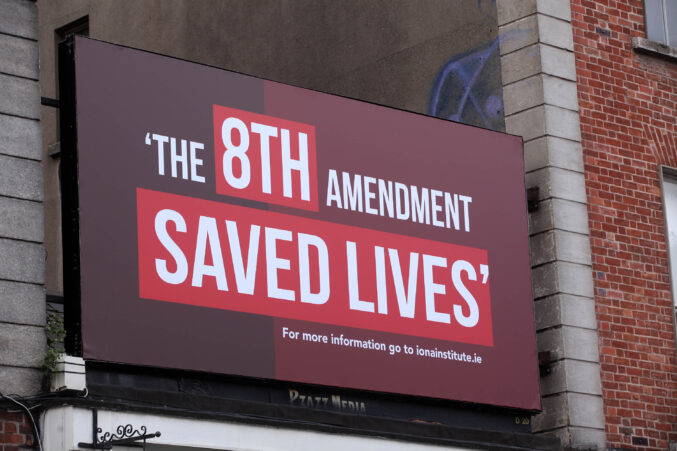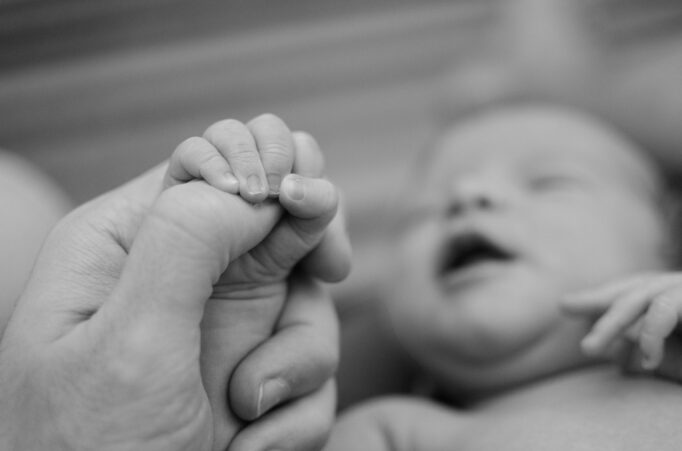In Österreich kann man die Selbstmordpille jetzt in Apotheken kaufen. In den wenigen Ländern, in denen dies erlaubt ist, findet der “assistierte Suizid” in der Regel in einem Krankenhaus oder Pflegeheim mit Hilfe von medizinischem Fachpersonal statt. Österreich hingegen hat diese tragische Geste zu einer ganz individuellen, privaten Entscheidung gemacht. Seit dem 1. Januar kann die tödliche Pille in Apotheken gekauft und zu Hause mit der einfachen Hilfe eines Familienmitglieds oder eines Freundes geschluckt werden.
Wer dauerhaft an einer Behinderung leidet, kann sich bewerben. Sie müssen also nicht unbedingt an einer unheilbaren Krankheit leiden oder sich im Endstadium befinden. Und auch Menschen mit Behinderungen können Rechtsmittel einlegen.
Das neue Gesetz folgt auf die Entscheidung des Verfassungsgerichts aus dem Jahr 2020, das Verbot des “assistierten Suizids” aufzuheben, weil es nach Ansicht des Gerichts gegen das Selbstbestimmungsrecht der Menschen verstößt. Wenn jemand sterben will und sich nicht selbst töten kann, hat er Anspruch auf den Beistand einer anderen Person, entschied das Gericht.
Nach dem neuen Gesetz müssen Personen, die Sterbehilfe wünschen, die Zustimmung von zwei Ärzten einholen, die ihren Zustand und ihre Wünsche feststellen. Ärzte müssen keine Psychiater oder Psychologen sein, aber sie sind verpflichtet, den Patienten über mögliche Alternativen zur Selbsttötung zu informieren, und einer von ihnen muss ein Palliativmediziner sein.
Nach einer Wartezeit von zwei Wochen bei Patienten mit einer Lebenserwartung von weniger als sechs Monaten bzw. zwölf Wochen bei Patienten, die sich nicht im Endstadium befinden, wird ein Anwalt oder Notar über den Antrag informiert, und der Patient kann die tödliche Substanz (Natriumpentobarbital) in einer dafür vorgesehenen Apotheke erwerben.
Das Gesetz erlaubt es einer dritten Person, dem Suizidwilligen bei der letzten Handlung zu helfen. Diese Person ist in der Lage, die tödliche Substanz rechtmäßig zu verabreichen, auch wenn der Patient aufgrund der Krankheit seine Entscheidungsfähigkeit verloren hat. Der Selbstmord erfolgt zu Hause oder an einem anderen vom Patienten gewählten Ort.
Es gibt keine Fristen für die Einnahme oder Rückgabe der Pille. Die einzige Einschränkung betrifft die Erlaubnis zum Erwerb des Stoffes, die auf ein Jahr begrenzt ist; danach müssen Sie einen neuen Antrag stellen.
Die Namen der Apotheken, die die tödliche Pille verkaufen, werden nicht veröffentlicht, sondern nur durch den Anwalt oder Notar bekannt gegeben. Das Gesetz erlaubt weder die Werbung für Dienstleistungen, die bei der Selbsttötung helfen, noch die Gewinnerzielung aus diesen Dienstleistungen.
Minderjährige und Menschen mit psychischen Störungen haben keinen Zugang dazu, aber früher oder später werden diese Schutzvorkehrungen aufgehoben, wie es in Belgien und den Niederlanden geschehen ist, die Euthanasie und “assistierten Suizid” zunächst nur für begrenzte Fälle einführten, dann aber die Praxis auf breitere Kategorien ausweiteten.
Im Westen wurde der Selbstmord überall entkriminalisiert, aber in der Regel wird er durch Präventionskampagnen und psychiatrische Hilfe für diejenigen, die sich selbst verletzen wollen, bekämpft. Die Entkriminalisierung beruht auf dem Grundsatz, dass Menschen, die einen Selbstmordversuch unternehmen, Hilfe und keine Strafe brauchen. Gleichzeitig wird der Selbstmord stigmatisiert, weil das Leben ein primäres und schützenswertes Gut ist und die Selbsttötung nicht nur negative Auswirkungen auf die eigene Person, sondern auch auf andere hat. Kurz gesagt, sie steht im Widerspruch zum Gemeinwohl.
Stattdessen geht das neue österreichische Gesetz von der Annahme aus, dass die Selbsttötung nicht nur erlaubt, sondern sogar erleichtert werden soll. Jeder, so heißt es, macht von seinem eigenen Leben, was er will und kann sich dann auch den Tod geben und der Staat muss nichts tun, sondern jedes Hindernis beseitigen.
Schließlich ist sie vollkommen kohärent. Wenn die Selbstbestimmung, die als total und unverantwortlich verstanden wird, zum absoluten Prinzip wird, gibt es keinen Grund mehr, das “Recht auf Selbsttötung” auch denjenigen zu verweigern, die nicht an einer Krankheit leiden.
Organisationen wie Exit International haben sich bereits dafür eingesetzt, dass jeder geschäftsfähige Erwachsene Zugang zum “assistierten Suizid” erhält, und das jüngste österreichische Gesetz ist ein klarer Schritt in diese Richtung. Und man wird sich nicht wundern, wenn in einigen Jahren die wenigen Beschränkungen, die es heute gibt, vollständig aufgehoben werden.
